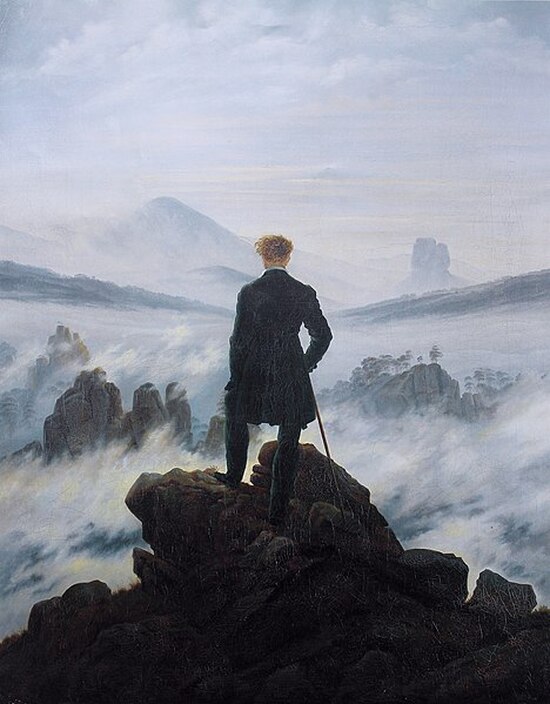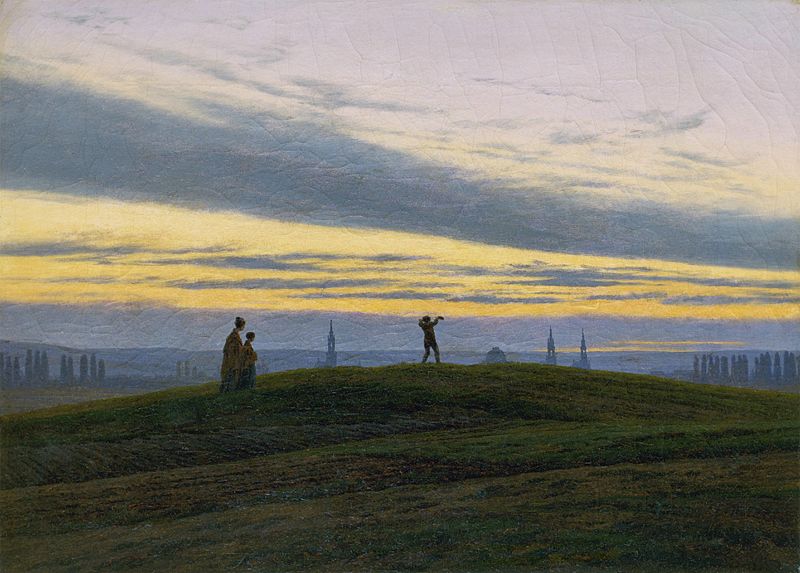Within subcreation, man is free to rearrange, modify, and complexify Creation. Put another way, man can add to and expand Creation using the elements God has provided.
Those who believe man to be a creature of God rather than a pre-existing being that God has “created” into His Creation of pre-existing beings posit that because man is within Creation and using the “stuff” of Creation, his subcreation is also *obviously* co-creation – that is, when man creates, he is by default, creating with God.
Man is certainly within God’s Creation, and man certainly participates in subcreation, but that does not entail that all subcreation is *obviously* co-creation.
Subcreation that aligns with God and Creation – is in harmony with truth, beauty, virtue, goodness – is a form of co-creation. Man can pour his energy into creative activities that increase, add to, expand, or refine truth, beauty, virtue, goodness in Creation.
In these cases, God likely co-operates in man’s creative activity to some degree – through motivation, inspiration, providence, guidance, communication, grace, and so forth. In other words, God takes an interest in the endeavor because He sees the potential of man’s creative act adding to and expanding Creation.
Yet man is also capable of creative activities in subcreation that are not aligned with God. In subcreation, man can and does use the elements of God’s Creation in to bring forth creative acts that are hostile to and opposed to God and Creation.
This kind of subcreation is *obviously not* co-creation. It may use the elements of God’s Creation, but it is difficult if not impossible to imagine God freely choosing to co-operate in such an endeavor. On the contrary, I believe God would refuse to act as a co-creator in such a "creative" undertaking.
After all, why would God actively aid man in the co-creation of anything that intentionally undermines, corrupts, inverts, or reduces Creation?
To do so would imply that God freely co-operates with forms of subcreation that could be termed demonic or diabolical creation – forms of “creation” whose purpose resides solely in the weakening or destroying of Creation.
I do not believe God would freely engage in such co-creative efforts with man.
In sum, subcreation may place man on the side of God and Creation. Co-creation, on the other hand, definitely places man on the side of God and Creation.
This dispels all notions that subcreation is *obviously* just co-creation.



 RSS Feed
RSS Feed

